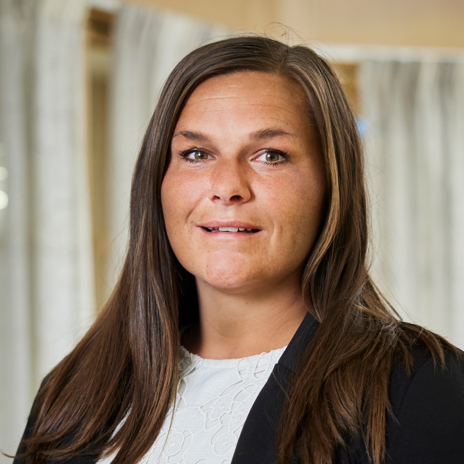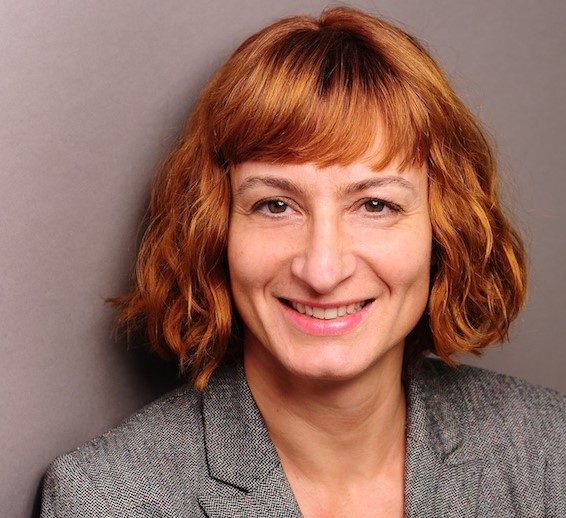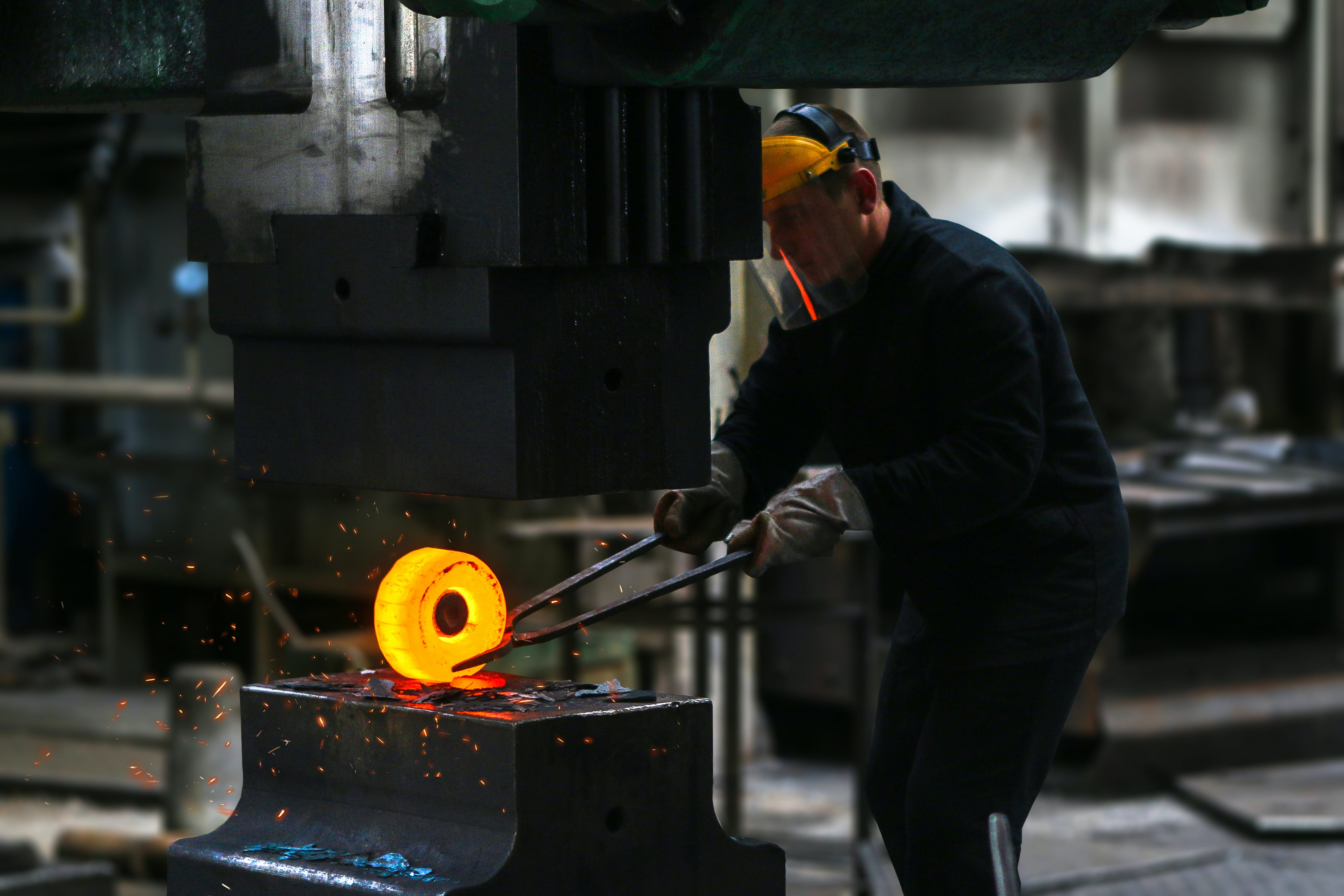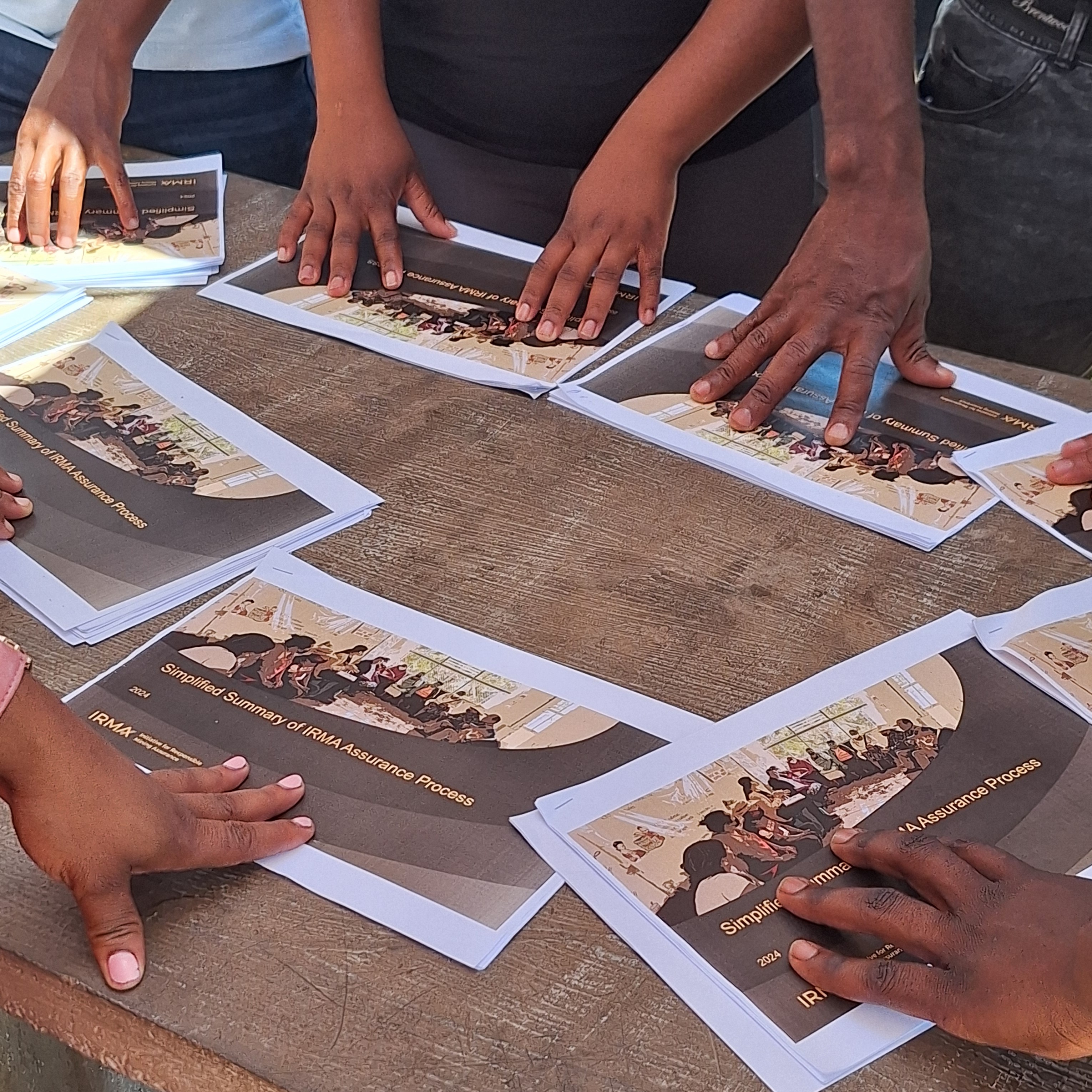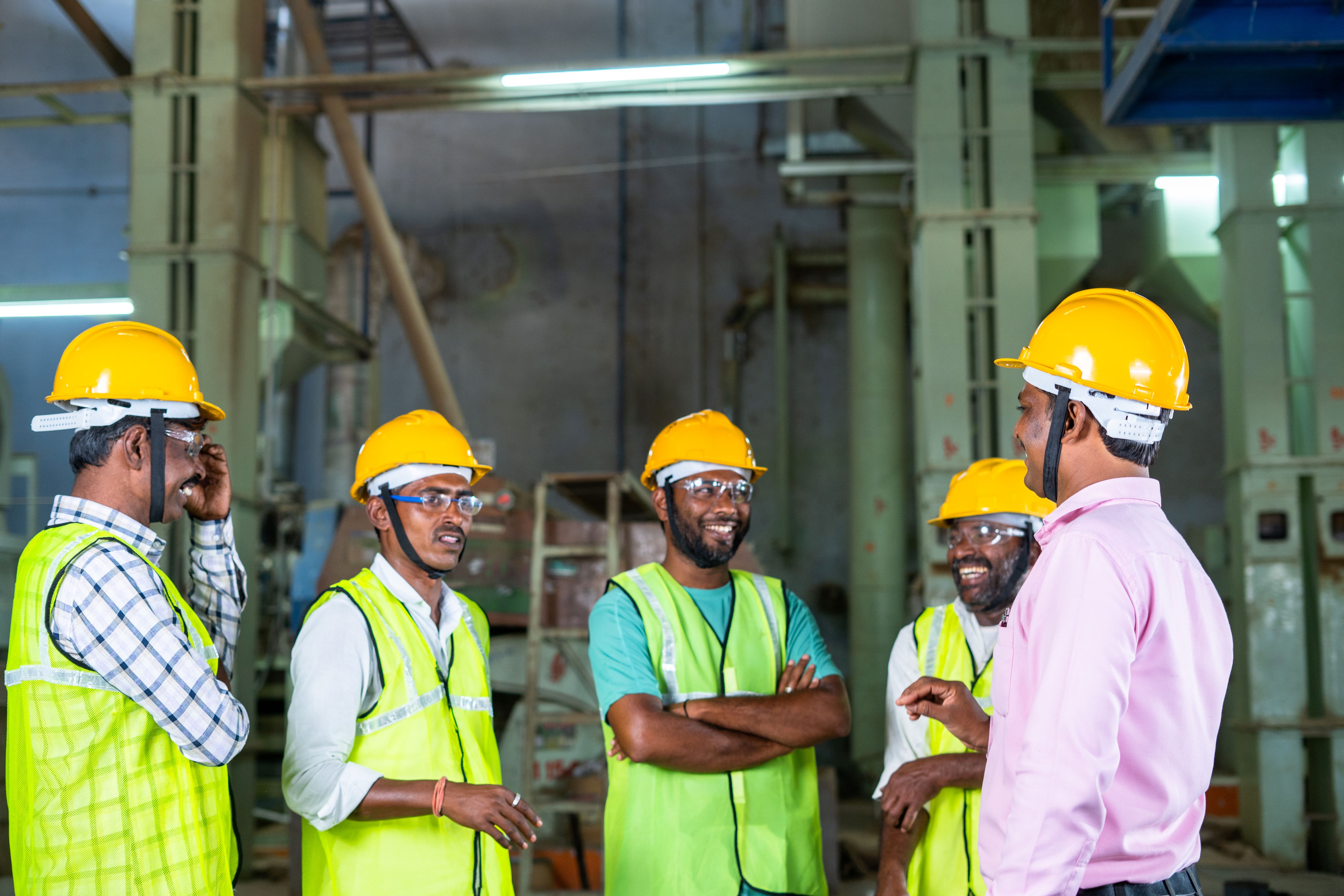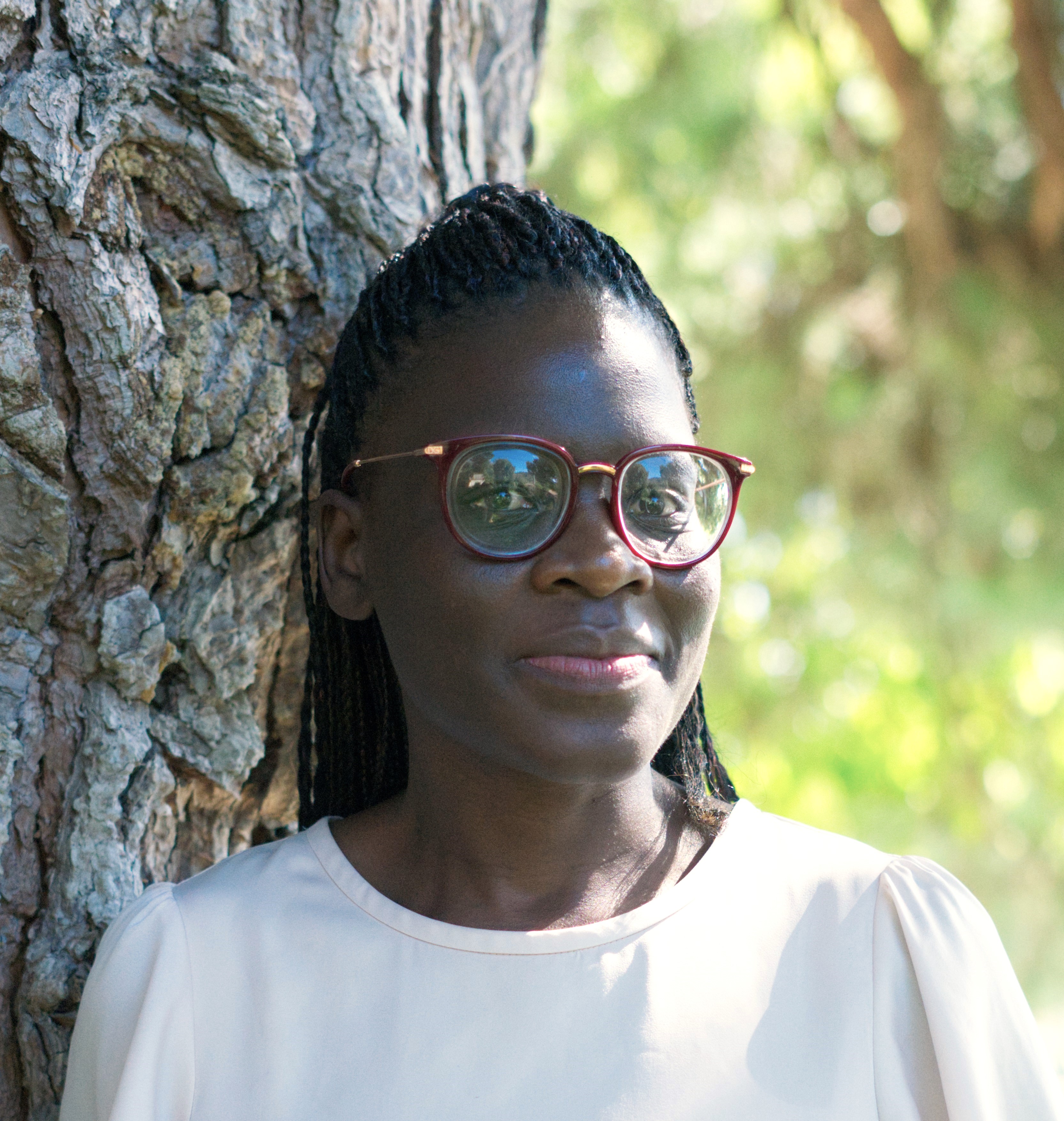

ResponsibleSteel launches new version of International Standard to drive down steel emissions and improve sustainability across the supply chain
The global steel industry employs over 6 million people and contributes around 3.8% to global GDP. Yet it also contributes around 10% to global greenhouse gas emissions from energy and industry according to the International Energy Agency (IEA).
The ResponsibleSteel International Production Standard Version 2.1, launched today, will play a critical role in driving down global steel emissions and driving up standards across the steel supply chain. Developed in consultation with ResponsibleSteel members and stakeholders from across the steel value chain and civil society, Version 2.1 strengthens ResponsibleSteel’s Progress Level requirements for responsible materials sourcing and climate change and greenhouse gas emissions.
As global leaders look for ways to mitigate the impacts of climate change, it’s more important than ever that the steel industry moves to decarbonise and adopt more responsible production practices. Version 2.1 of the Standard provides the steel industry with a technical roadmap to net zero and allows producers to demonstrate tangible progress not only on decarbonisation but across other key environmental and social issues such as biodiversity, water stewardship, pollution, labour rights and more.
Gerry Tidd, Chairman of ResponsibleSteel’s Board of Directors commented, “The ResponsibleSteel International Production Standard is the result of extensive development and stakeholder input and has been widely endorsed by highly respected organisations such as the International Energy Agency. We have listened to feedback from across the steel industry, civil society and others and updated the Standard to ensure it is both effective and workable. We are proud to launch Version 2.1 of the industry’s most robust, high-quality standard - one that is built on a foundation of integrity and transparency.”
Steelmaking sites globally are already making progress. ResponsibleSteel has over 80 sites in 19 countries certified against the International Production Standard’s Core requirements. With the revisions incorporated in Version 2.1, steelmakers are now set to pursue the next step on ResponsibleSteel’s certification journey: certified steel.
Steelmakers who meet the revised Progress Level requirements for responsible materials sourcing and decarbonisation will for the first time be able to label and market their products as ResponsibleSteel certified.
“This will give steel buyers – all the architects, automakers, builders and manufacturers - confidence that the steel they are procuring has been produced responsibly following a credible independent assessment,” Mr Tidd said.
Annie Heaton, CEO of ResponsibleSteel stated, “An increasing number of players have opinions about what so-called ‘green steel’ means. The ResponsibleSteel International Production Standard provides a clear, credible and consistent way to define it not only by providing a fair and universal benchmarking system for low-emissions steel globally but by charting a roadmap towards responsible steelmaking every step of the way.”
She continued, “We must also remember that truly responsible steelmaking goes beyond mitigating carbon, to other environmental and social impacts, including the rights of the millions of people working in the industry and across the supply chain as well as local communities.”
Now is the time for the steel industry to pick up the pace to meet the goals of the Paris Agreement and the Sustainable Development Goals, by meeting the Progress Level requirements of the ResponsibleSteel International Production Standard Version 2.1. This way, we will create a universally consistent, credible market for responsible low-emissions steel.
Learn more about the ResponsibleSteel International Production Standard V2.1 here.


Outokumpu earns ResponsibleSteel certification for all of its production sites in Europe
Outokumpu has achieved ResponsibleSteel certification for all seven of its production sites in Europe. The sites are spread across Germany, Finland and Sweden making Outokumpu the first to obtain certification in the latter two countries as well as the first in the Nordic region more broadly.
Outokumpu, a global leader in the stainless steel industry, became a member of ResponsibleSteel in 2019. For Outokumpu, the ResponsibleSteel International Standard provided a tool to evaluate and strengthen the company’s sustainability work through an ambitious industry-level framework with a beyond-compliance approach.
Heidi Peltonen, Vice President of Sustainability at Outokumpu, stated, “The ResponsibleSteel Standard is highly needed to provide a systematic framework to evaluate the sustainability of steel holistically. While the steel industry accounts for 7–9% of global greenhouse gas emissions, at the same time it plays a pivotal role in the green transition. Outokumpu has an ambitious climate commitment to keep global warming at 1.5 degrees. Beyond that we are committed to the UN Guiding Principles on Business and Human Rights across our value chain and follow the highest standard for ethical business conduct. ResponsibleSteel addresses environmental, social and governance topics and drives companies' sustainability work forward in all these areas. We are extremely proud to receive the certificates as the first mover in the Nordics, enabling us to create value for our customers by supporting them to choose sustainably produced stainless steel with a third-party validation.”
The certification process was conducted between 2021 and 2023 and included rigorous independent audits carried out by DNV. The auditors highlighted the strong commitment of the sites to health and safety and interviews with workers across the sites demonstrated a high employee satisfaction rate. Collectively, the seven sites employ over 5,800 workers and contractors.
.jpg)
“The ResponsibleSteel certification is both about the process and the result. The certification process was extensive, including for example site-specific self-assessments with related audits and on-site interviews with workers and contractors. As for the result, we received excellent feedback on our achievements, especially on decarbonisation and our efforts to ensure a good and safe place to work. The process also helped us to identify further actions to build on our sustainability ambition – such as those related to stakeholder engagement, social responsibility as well as biodiversity and water management across our value chain. It also increased credibility and transparency of our overall sustainability work,” said Anna Vainikainen, Head of Human Rights at Outokumpu.
Outokumpu is committed to the Science Based Targets initiative's 1.5 degree target and is the only stainless steel producer with a target approved by the initiative. To meet this target, Outokumpu are working to improve energy efficiency in its operations. In 2022, over 85% of the company's electricity was already coming from low-carbon sources.
Annie Heaton, CEO of ResponsibleSteel, commented, “Outokumpu has already set a near-term science-based target to reduce emissions from all three scopes by 42% by 2030 compared to 2016. This site certification process has provided a tool for Outokumpu to develop its sustainability work and its transparency in line with best practice on ESG for the steel industry. The next step will be progress level certification and we look forward to working with Outokumpu as we develop Decarbonisation Progress Levels specifically for stainless steel sites to enable them to work towards certified steel.”
To learn more about these certifications, take a look at the certificates and read the public audit summaries here.

.png)

ResponsibleSteel publishes first-ever Annual Progress Report
Over the last eight years, ResponsibleSteel has gone from strength to strength. During that time, ResponsibleSteel has built up a thriving community of over 150 members and created the first-ever International Standard to drive the responsible production of net-zero steel, globally.
We’re driving industry progress
We now have certified sites in 14 countries employing over 220,000 workers and producing over 120 million tonnes of steel. In this first annual Progress Report, we take stock of the enormous strides ResponsibleSteel and our members have made to deliver on our shared mission and celebrate our collective achievements.
We also look forward as we build momentum toward some exciting announcements coming up this year. Version 2.1 of the ResponsibleSteel International Standard will be published this month and a new Downstream Chain of Custody Standard later this year. Most significantly, we expect the first steelmaking sites to achieve ResponsibleSteel certified steel this year, a global first for the industry.

We’re recognised globally
ResponsibleSteel continues to be recognised as a leader amongst sustainability initiatives, most notably by the IEA in their second report to the G7 on ‘Emissions Measurement and Data Collection for a Net Zero Steel Industry’ and more recently, Lead the Charge in their ‘Assessment of Third-Party Assurance and Accreditation Schemes in the Minerals, Steel and Aluminium Sectors’. And as more initiatives focusing on steel sustainability emerge, we’re playing a critical role in convening the sector and driving industry alignment to accelerate a net-zero future.
Come with us
This is only the beginning. We have a long journey ahead of us, but with the support of our members and stakeholders, we will continue to work to drive industry progress.
Read our full 2024 Progress Report here.


BlueScope Vietnam earns first ResponsibleSteel certification in Southeast Asia
The NS BlueScope Vietnam Phu My site is the company’s third site certification following BlueScope Port Kembla in 2022 and Western Port last year.
The site began construction in 2002 and opened its doors two years later in 2004. At the time, it was the first metal coating line in Vietnam to apply zinc and aluminium technology to its products. Now, the site produces 187,000 tons of coated and uncoated cold-rolled coil annually and employs over 200 workers and contractors.
Annie Heaton, CEO of ResponsibleSteel commented, “What singles the certification of BlueScope Vietnam out is that it is the first certification in the country, the first in Southeast Asia. This demonstrates real leadership.”
Obtaining ResponsibleSteel site certification is the latest step in NS BlueScope Vietnam’s broader plan to implement responsible practices and urge its partners and suppliers to do likewise in order to build a more sustainable steel community. In 2022, NS BlueScope Vietnam was also the first coated steel manufacturer in Vietnam to earn the Singapore Green Building Council’s ‘Green Label’ certification.
.png)
Mr. Vo Minh Nhut, President of NS BlueScope Vietnam, stated, “This is a proud milestone in our sustainable development journey aligned with NS BlueScope's ESG standards, further affirming that we are not only a technology leader in the pre-painted steel industry but also a pioneering business in ESG practices. We sincerely appreciate the support and companionship of our esteemed partners during this time, which has motivated us to continue growing and increasingly contribute towards building a sustainable and thriving business community.”
Extensive interviews with the site’s workers also emphasised the site’s focus on risk management, health and safety, and employee engagement including issue resolution and grievance, feedback and support mechanisms, training and development opportunities, reward and recognition mechanisms, and support with flexible working arrangements. Notably, at the time of the audit, 41% of the site’s workers and contractors were female and the importance placed on promoting diversity and fostering an inclusive workplace was clear.
The BSI audit team commended the site’s commitment to becoming ResponsibleSteel certified, noting the effort made to align with the ResponsibleSteel International Standard including expanding and revising some of the site’s existing policies and procedures. The auditors particularly highlighted the strength of the site’s water stewardship and stakeholder engagement programmes. NS BlueScope Vietnam has also set a target to reduce GHG emissions (scope 1 and 2) by 30% by 2030 against a 2018 baseline.
Click here to view BlueScope Vietnam's certificate and audit summary.
.png)


April 2024 Newsletter
This month has been busy for our certification programme. SIJ earned the first certification in Slovenia and three years on from the first certifications back in 2021, sites are now beginning to undergo re-certification against the Standard. And we have a lot more coming up in May, kicking off with a joint webinar with SteelZero and culminating in our AGM and the launch of Version 2.1 of the Standard.
In this newsletter, you will find updates on:
- Standards developments
- New certifications
- Upcoming audits and events
- Public consultation reminder
Click here to view ResponsibleSteel's April 2024 newsletter.


Member webinar: Find out more about SteelZero
We invite ResponsibleSteel members to join this upcoming webinar to get to know SteelZero better and understand the opportunities available for engaging with their work and their members. The webinar will include speakers from ResponsibleSteel and SteelZero, and you will have the opportunity to ask questions to both organisations.
The webinar will be hosted via Microsoft Teams on Wednesday, May 8th at 1:00 pm (GMT+1).
SteelZero is an initiative hosted by the Climate Group in partnership with ResponsibleSteel. SteelZero brings together downstream companies in the steel supply chain to send strong demand signals to global markets, shifting them towards the production and sourcing of net-zero steel. The initiative’s members make a public commitment to procure 50% of their steel by 2030 from producers on the pathway to net zero and to procure 100% net-zero steel by 2050.
Register for the webinar here.


Revisions to ResponsibleSteel’s Principle 10: Greenhouse Gas Emissions and Climate Change
Following a 12-month test phase and a public consultation, ResponsibleSteel has introduced revisions to Principle 10 of the ResponsibleSteel International Standard including revised Progress Levels to assess steel decarbonisation and encourage increased recycling rates.
The launch of additional requirements for greenhouse gas emissions in September 2022 as part of the ResponsibleSteel International Standard Version 2.0 was a crucial step in driving industry progress towards near-zero steel. The Principle 10 Progress Levels were designed to not only accelerate the production of low-emissions steel by individual steelmakers, but to also drive the decarbonisation of the entire global industry and avoid a dash for scrap that would deliver no net gains.
Currently, there is no reliable data on the average emissions across the steel industry. As part of the work on Principle 10, ResponsibleSteel developed a unique dataset to enable the evaluation of emissions from any tonne of steel produced anywhere in the world with any level of scrap content. Reviewing and refining this dataset and revising our decarbonisation thresholds ensures the ResponsibleSteel Progress Levels remain the reliable benchmark for steel globally.
During the test phase for Principle 10, the ResponsibleSteel Secretariat tested the rigour of the Progress Level requirements by convening a working group of steelmakers. The proposed revisions to Principle 10 subsequently underwent a public consultation to obtain additional stakeholder feedback. We’re now pleased to announce that these revisions have been finalised and accepted by the ResponsibleSteel Board of Directors.
ResponsibleSteel is committed to continuously accelerating progress towards near zero on a global scale. The revisions to Principle 10 represent a 150 kg CO2e/t crude steel increase in the emissions intensity thresholds for Progress Level 1 on the high-scrap end of the scale. This revised Progress Level 1 and the corresponding changes to Levels 2 and 3, reflect the current state of steel industry emissions and the shallower gradient aims to encourage increased recycling rates within the bounds of end-of-life scrap availability. These revisions, as well as other revisions relating to waste energy and non-ferrous metal and ferro-alloy additives, will be incorporated into Version 2.1 of the ResponsibleSteel International Standard expected to be published in May 2024.
.png)
ResponsibleSteel’s Progress Levels are designed using a scrap variable approach to reward improvement across both scrap-based and primary steelmaking (i.e. steelmaking using iron ore) to drive down steel emissions globally. Progress Level 1 represents a distribution of existing steel sites where approximately 50% sit ‘below’ the threshold while Progress Level 4 is designed to align with the near-zero threshold of the International Energy Agency (2021) and Levels 2 and 3 provide regular points of progress on the journey from Levels 1 to 4.
It’s time to pick up the pace. To ensure a 1.5C degree future, we need every steelmaking site in the world to have achieved Progress Level 1 and significant progress made toward Progress Levels 2 and 3 by 2030. And we cannot rely on the deep decarbonisation efforts of a select number of sites alone. We must work to move the whole industry towards near zero at speed.
For more details on the revisions to Principle 10, read our summary of Principle 10’s Consultation Outcomes. If you have any questions on the revisions or want to find out more about how ResponsibleSteel’s Decarbonisation Progress Levels are supporting steel makers on the journey to near zero, please contact standards@responsiblesteel.org.


SIJ Group earns its first ResponsibleSteel site certification in Slovenia
SIJ Group (Slovenian Steel Group) has achieved ResponsibleSteel certification for its SIJ Acroni and SIJ Metal Ravne sites, placing Slovenia on the global map of responsible steel production.
SIJ is a leading producer of stainless steel and special steels in Europe and is one of Slovenia’s leading exporters. The certification covers two steel mills, both operating Electric Arc Furnaces (EAFs), as well as hot and cold rolling mills, and a forging shop.
“SIJ has long made efforts to be at the forefront of sustainable practice in the industry. SIJ’s first EAF opened in the 1960s, and today around 78% of its steel input is scrap. But sustainability must go beyond circularity, and beyond decarbonisation. Most recently as part of the certification audit process, SIJ has made real strides to meet ResponsibleSteel International Standard’s social and governance criteria, committing to strengthening and improving the protection of worker’s rights and health and safety systems,” said Annie Heaton, CEO, ResponsibleSteel.
SIJ is one of the largest employers in Slovenia and collectively, the newly certified sites employ over 2,600 workers. Since 2007, SIJ has invested over 800 million euros in new technology, aimed at streamlining processes, improving working conditions, and mitigating environmental impacts. The company has set a target of reducing emissions by 51% by 2030 against a 2020 baseline and aims to be carbon neutral by 2050 in line with the Paris Agreement. The group has also set targets in the field of occupational health and safety. By 2026, SIJ aims to have six sites operating in accordance with ISO 45001 for occupational health and safety.
Andrey Zubitskiy, President of the Management Board for SIJ commented, “Obtaining ResponsibleSteel certification represents a new sustainability milestone in the history of SIJ Group, following our transition to steel production based on circular economy principles four decades ago. We are now part of a select group of steelmaking companies worldwide that are setting standards for sustainable practices in our industry. It reflects our commitment to our employees, the community and the environment in which we operate.”

He continued, “Steel is the most widely used material in the world. With our products, we are a reliable partner for automotive, mechanical engineering, infrastructure, construction, power generation and other industries that require the assurance that the materials they use have been obtained through sourcing and production processes based on responsible practice. The goal of ResponsibleSteel is to satisfy such requirements with a management approach that combines economic development, social inclusion, environmental sustainability and transparent governance, in order to contribute to the creation of a more sustainable future for people and the planet.”
However, certification isn’t the end of the journey. ResponsibleSteel certificates are valid for three years. Around 12 to 18 months in, the sites will undergo a surveillance audit by the contracted certification body, AFNOR, which will involve additional stakeholder interviews and a review of the sites’ progress on any minor non-conformities that were identified in the initial audit.
As said by Dr Tadeja Primožič Merkač, Director of Quality, Sustainability and Corporate Management, SIJ Group. “While sustainability has always been an important topic for us, ResponsibleSteel has taught us to take a more management systems-based approach and has helped us improve our understanding of the importance of even better working conditions for employees and a culture of health and safety at work. Today, we are proud of our achievement, but we are aware that the path of sustainable development is a continuous process of learning and improvement, which we will demonstrate every year and a half through recertification.”
To find out more details on this certification, please read the audit summary here.


March 2024 Newsletter
Please view the March 2024 newsletter by clicking the link below:


What’s coming up for ResponsibleSteel?
We have some exciting developments on the horizon which we’re keen to share with our members and stakeholders. Here are a few key moments to look out for in the next six months.
Standards Development
Public Consultations
Two important public consultations started in mid-March – one on Principle 3 (responsible sourcing) of the International Standard, and one on a new draft Downstream Chain of Custody Standard. Learn more about the consultations here or visit our Standards Development page to submit your feedback.
Members and wider stakeholders can also join a webinar on 26 March to find out more about the consultations. Register here.
International Standard V2.1
We’re busy working to produce Version 2.1 of the ResponsibleSteel International Standard by mid-May. This will provide the green light for steelmakers in the race to achieve the first ResponsibleSteel Certified Steel – and for downstream businesses to line up to procure Certified Steel products.
Upcoming Publications
Progress Report
ResponsibleSteel and its members have come a long way since its inception. In Q2, we will publish our first annual Progress Report using data on the scale and the impacts of certification to show progress towards our mission.
Certification Pathway to Net Zero by 2050
Later in Q2 we’re aiming to publish our analysis on the extent of transition progress required over time for the steel sector to fulfil its Paris Agreement obligations. Not another trajectory, but a demonstration of net zero pathways through a new lens – that of the four ResponsibleSteel Progress Levels.
Upcoming Events
ResponsibleSteel will be participating in the SteelZero events in Washington D.C. on 24 April, Seoul on 21 May, and Brussels on 19 June, and we are looking at how to maximise value for our members during these events – more details to come shortly.
The ResponsibleSteel AGM will be held online on 22 May.
We will be participating in and running many more events during the year, and will publicise these as soon as more details are confirmed. In particular, we will also be engaging with stakeholders in India, Japan and Korea throughout the year to deepen our presence within these important markets.
Webinar Series
We will be offering members a set of ‘Meet the Expert’ webinars covering topics such as just transition, biodiversity, targets, downstream demand and much more. If you have a suggestion for a topic that you would like us to cover, please contact our new Head of Membership and Communications, Joe Woodruff.
ResponsibleSteel Groups
Members can also get involved with one of our groups:
Steelmakers Reference Group
The Steelmakers Reference Group is an opportunity for member steelmakers to engage in technical discussions around the Standards and Assurance Programme. Contact Rodrigo de Prospero, our Head of Standards and Assurance, for more information.
Civil Society Reference Group
The Civil Society Reference Group provides a forum to share ResponsibleSteel’s latest plans with civil society members and to seek their engagement, input and feedback. Contact Shiv Kumar, our Development and Innovation Director, for more information.
Finance Working Group
An opportunity for the finance sector and steel industry to come together to discuss how to effectively use the ResponsibleSteel Standard as a verification tool to raise capital to accelerate steel decarbonisation. Contact Shiv Kumar, our Development and Innovation Director, for more information.
Find out more
If you have any questions about the above, or suggestions for events, publications or webinars, please do get in contact with our new Head of Membership and Communications, Joe Woodruff.


ResponsibleSteel Launches Public Consultations on New Downstream Chain of Custody Standard and Revised Responsible Sourcing Requirements
Today, ResponsibleSteel has launched two public consultations as part of our ongoing standards development work. We are inviting feedback on a draft of a new downstream chain of custody standard, as well as revisions to the ResponsibleSteel International Standard’s Principle 3: Responsible Sourcing of Input Materials.
Downstream Chain of Custody Standard
Developing a downstream chain of custody standard is crucial to building demand for ResponsibleSteel certified steel. This initial draft has been developed following extensive discussions with our downstream claims and chain of custody member working group between December 2022 and July 2023. The working group concluded with two recommendations:
- ResponsibleSteel should provide a downstream chain of custody standard based on physical traceability with full segregation (i.e. all ResponsibleSteel-certified steel products would be made with 100% certified steel).
- The downstream chain of custody standard would be accompanied by a complementary ‘Book & Claim’ system that would create value for ResponsibleSteel certified steelmakers and downstream steel users, based on claims that do not require the physical tracking of ResponsibleSteel certified steel through the supply chain. This will be developed in future following additional research and consultation with members and stakeholders.
Acting on the first of these recommendations, ResponsibleSteel has drafted a downstream chain of custody standard based on physical traceability with full segregation which we are now inviting stakeholders to share their feedback on. This 60-day public consultation is open from March 15th to May 14th. A second public consultation will be held later this year.
Get involved: If you would like to give feedback on the first draft of ResponsibleSteel’s Downstream Chain of Custody Standard, please visit our Standards Development page. Submissions will be open until May 14th, 2024, 23:59 GMT.
Additionally, ResponsibleSteel will be pilot-testing the downstream chain of custody standard to test its in-practice applicability. If your organisation is interested in carrying out a pilot test at one or more of your sites, please contact us at standards@responsiblesteel.org.
Principle 3: Responsible Sourcing of Input Materials
In September 2022, we launched the ResponsibleSteel International Standard V2.0. In addition to the core requirements steelmaking sites can be audited against, Version 2.0 introduced additional progress-level requirements for the responsible sourcing of input materials (Principle 3) and climate change and greenhouse gas emissions (Principle 10).
During the 12-month test phase of Version 2.0, ResponsibleSteel received requests for revisions to Principle 3. Some of these requests would involve significant changes to the requirements and throughout January and February 2024, a member working group was convened to understand the issues, provide ideas, and test and improve proposals for revision. The working group brought together civil society, steelmaking and mining companies as well as traders and other member organisations. The presentations and discussion notes of these working group meetings can be found here.
The proposed revisions to Principle 3 are open for public consultation for 30 days and include the introduction of an on-ramp transitional period into the specification of the materials sourcing Progress Level 1 in criteria 3.2 and 3.4, as well as some proposed corresponding changes to guidance and annexes to the requirements.
Following the consultation, ResponsibleSteel will review any feedback before seeking approval for an urgent revision to Principle 3 from the ResponsibleSteel Board following the Urgent Revision Mechanisms specified in our International Standards Development Procedures. Final revisions will be incorporated in Version 2.1 of the ResponsibleSteel International Standard later this year.
Get involved: If you would like to give feedback on the revisions to the ResponsibleSteel International Standard’s Principle 3: Responsible Sourcing of Input Materials, please visit our Standards Development page. Submissions will be open until April 14th 2024 23:59 GMT.
Find Out More
Join us on Tuesday 26 March, 12:00-14:00 (GMT) for a member and stakeholder webinar to find out more about the consultations. Register here.
If you have any questions regarding either of these public consultations, please contact the ResponsibleSteel Secretariat at standards@responsiblesteel.org.



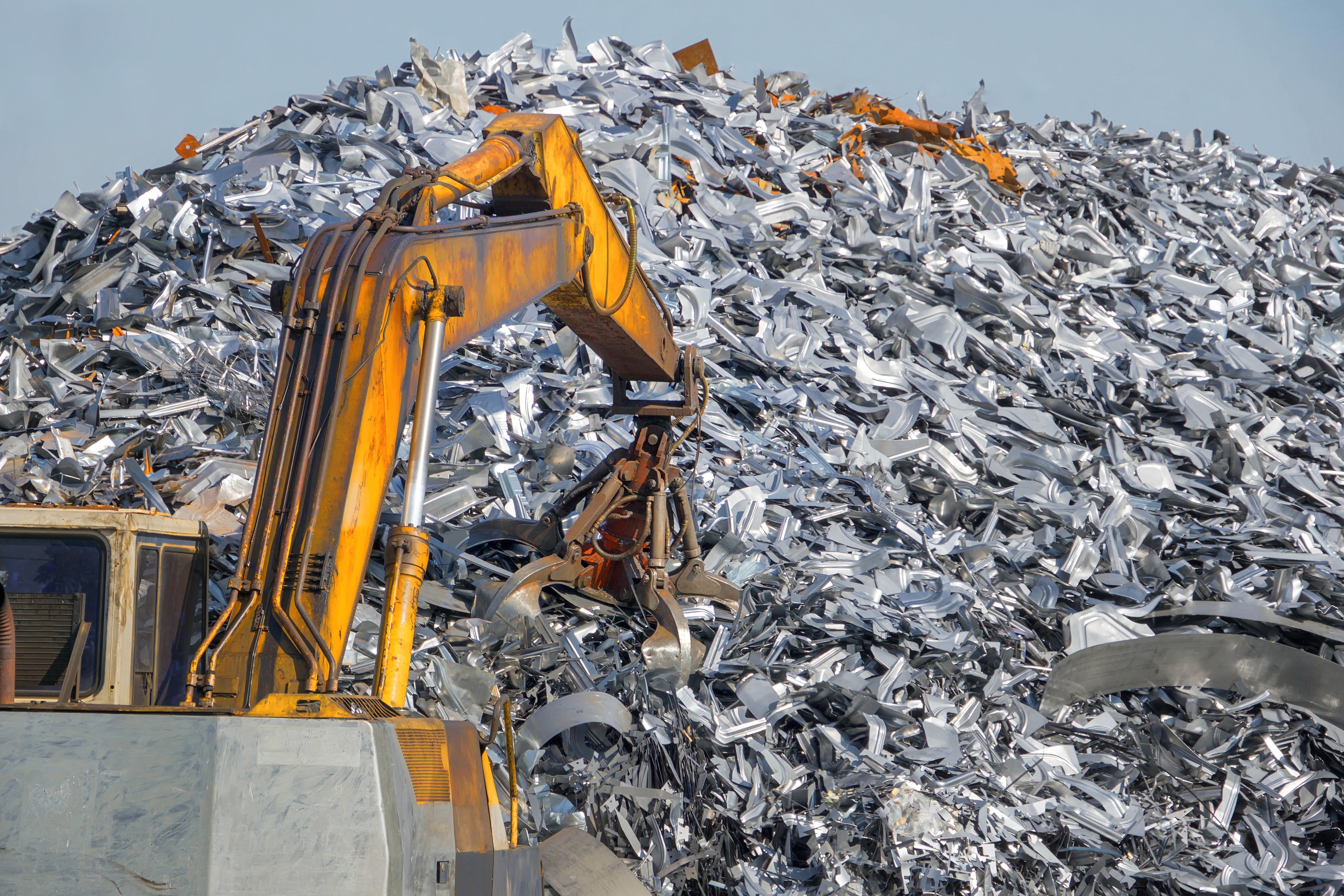

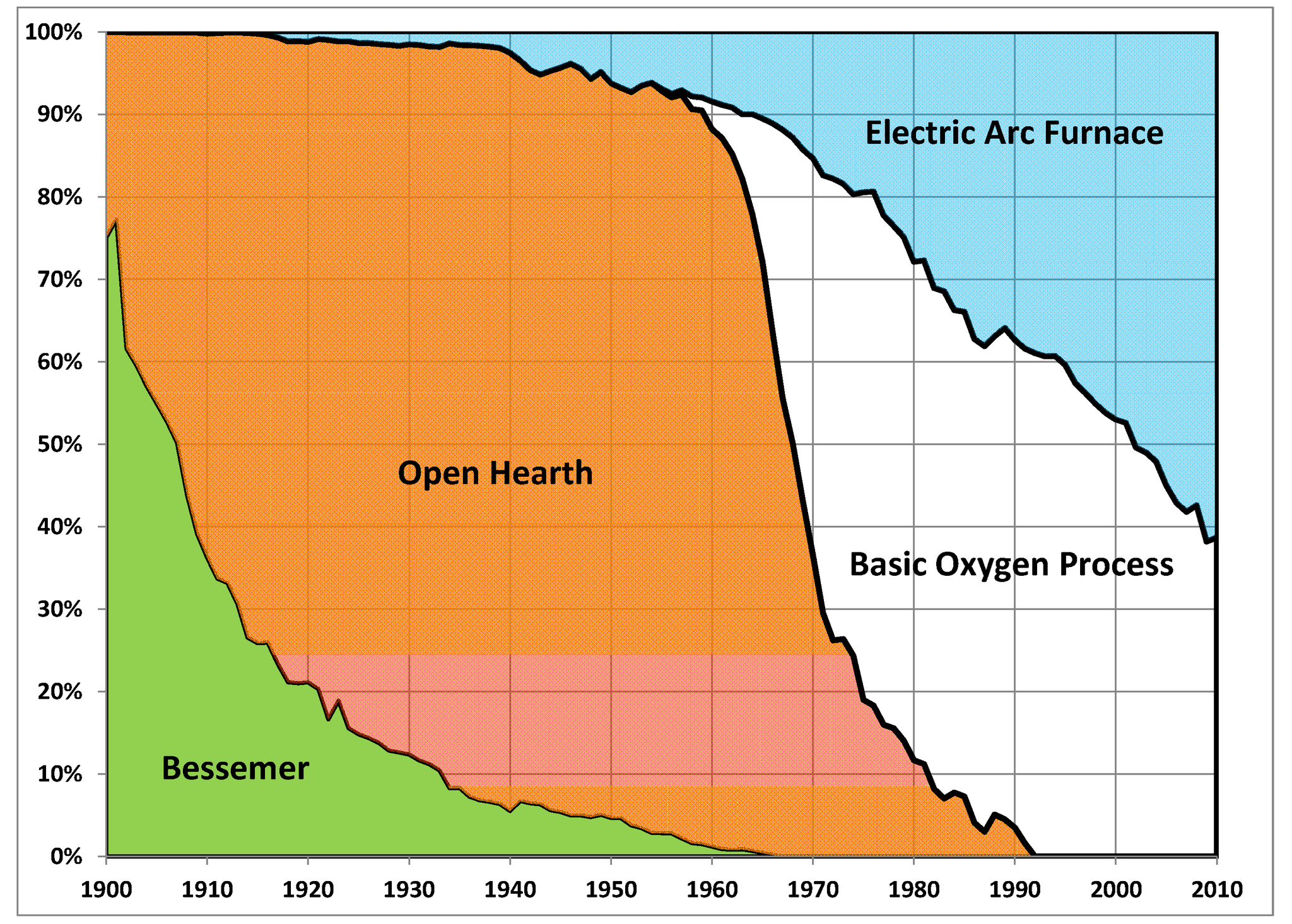
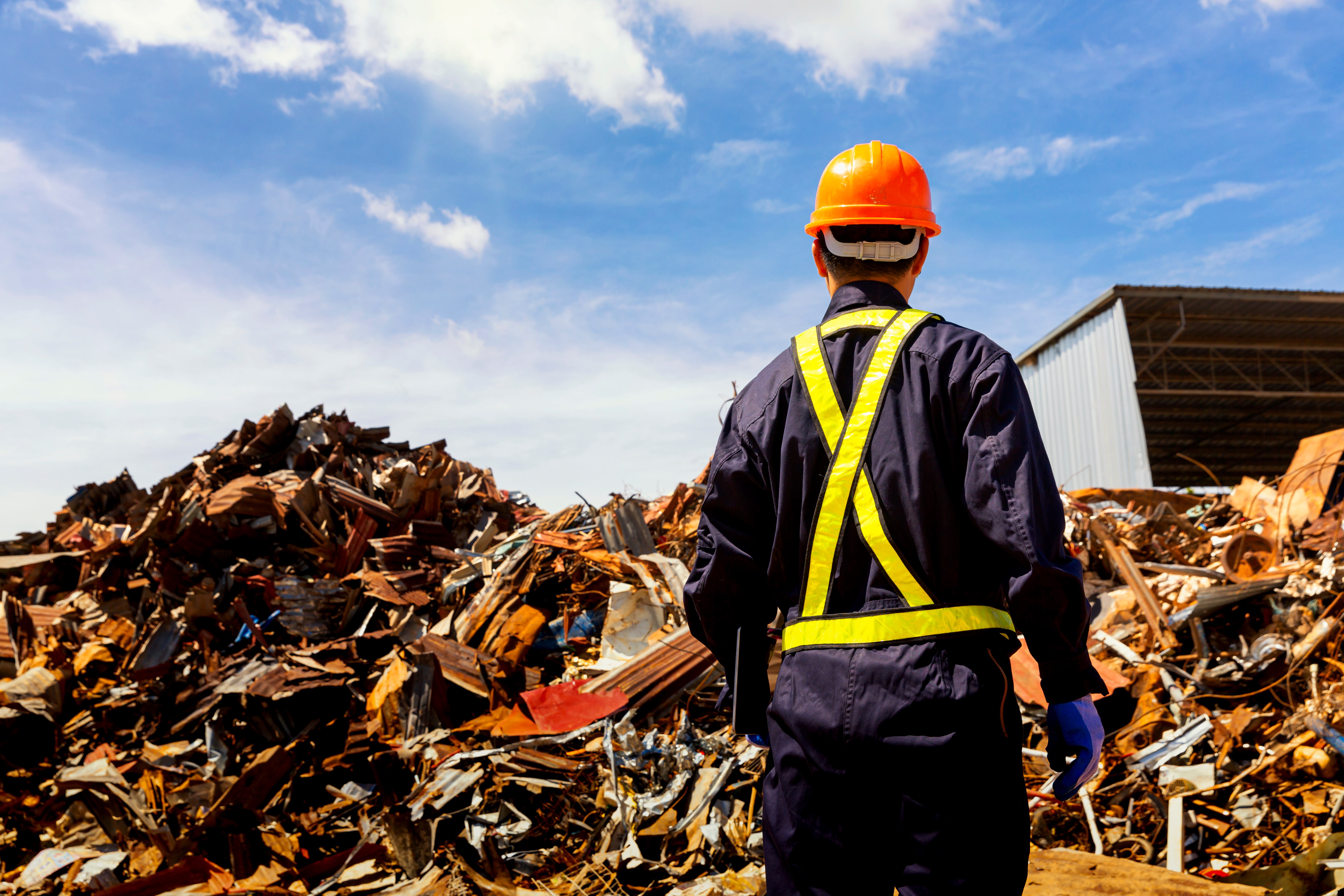
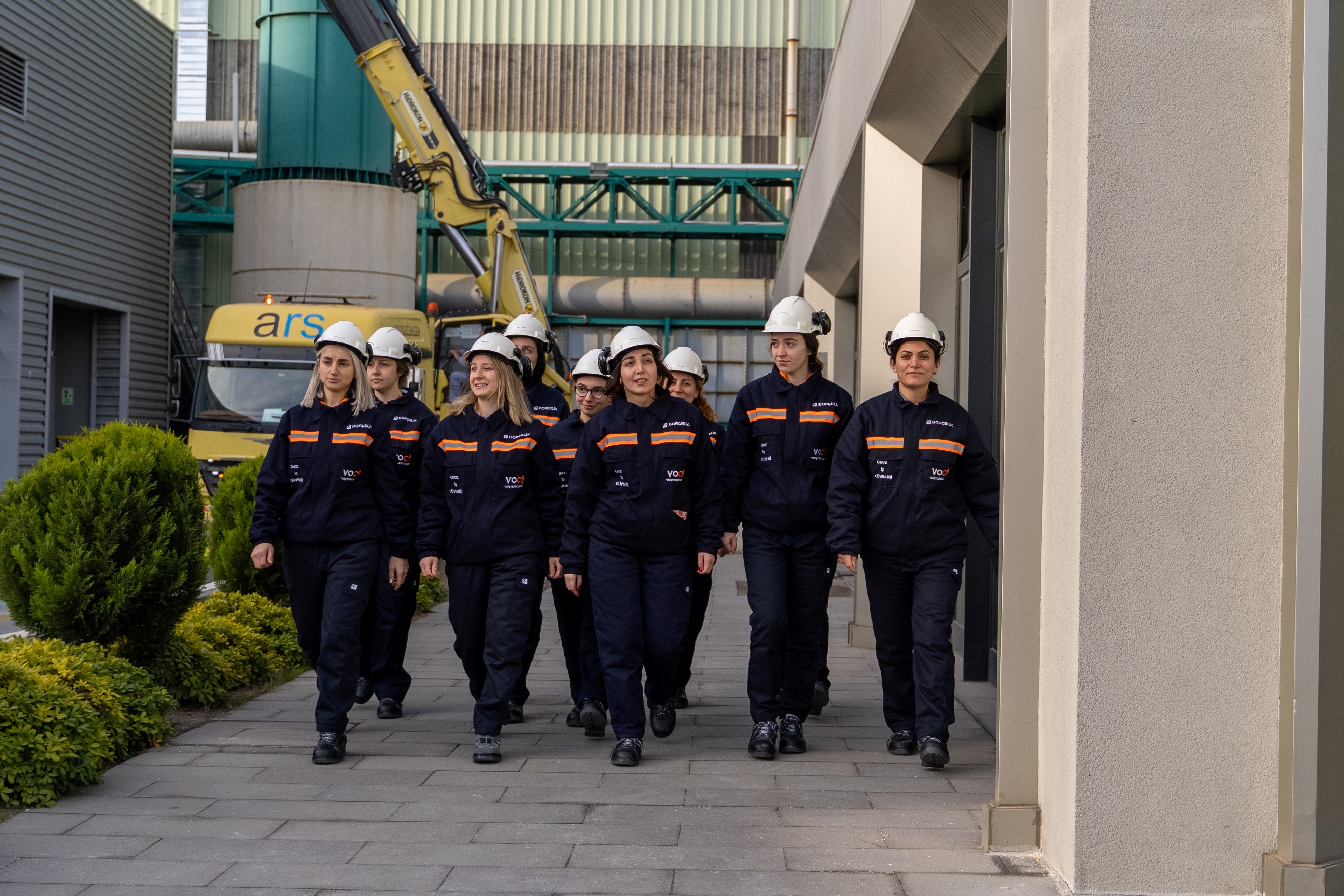
.png)





